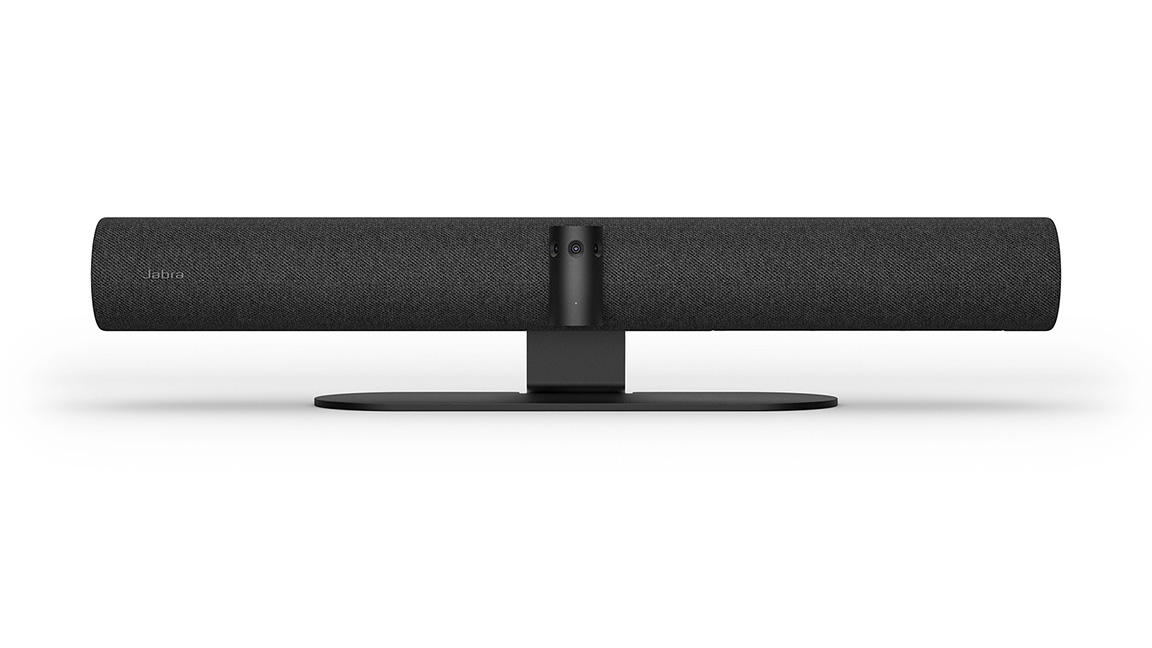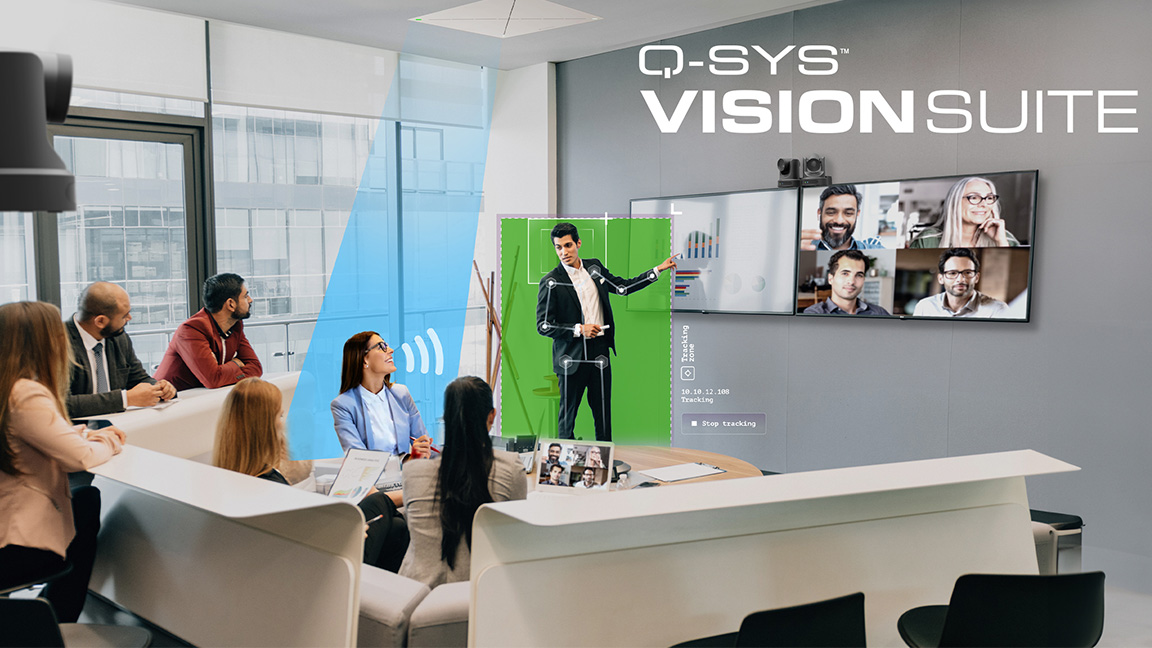It might be the hottest buzzword in Pro AV right now, but manufacturers have been incorporating AI in products and services for some time. Here are just a few examples of what's already out there improving the user experience.
22Miles

22Miles has introduced three solutions that leverage artificial intelligence: the AI Assistant chat interface for wayfinding or delivering product information to consumers; AI Backoffice, an internal-facing tool organizations can use so employees can access corporate information based on their roles and authorizations; and AI Command, a backend CMS interface that lets users edit content and execute digital signage commands quickly. According to Tomer Mann, chief revenue officer and global enterprise lead, these tools are built on a “walled garden” model, which means they leverage only the customer’s data. This results in more accurate responses, as well as a more secure environment. “We train it to be really responsive to that individual client’s needs,” he said.
Crestron

Crestron’s 1 Beyond cameras come equipped with AI-directed tracking and framing. For larger, high occupancy spaces, up to 12 1 Beyond cameras can leverage Crestron Automate VX, which is a visual AI-driven, voice-activated speaker tracking system. Crestron's Sam Kennedy explained that visual AI auto-frames the individual who is speaking and centers the frame, even if they move away from the microphone that has been sending location data. “This frees collaborators to move naturally around the room as they speak—an especially common occurrence in longer meetings—without participants having to concern themselves with staying in the frame,” he explained. “This is where the AI solution shines, since it’s able to discern between slight movements, where no reframing is necessary, and larger moves.”
Hailo

An “edge-focused" chipmaker, Hailo produces AI processors that render smart devices capable of performing tasks such as object detection and segmentation in real time. Because the technology operates at the edge, it decreases challenges associated with network latency. This is important for Pro AV, argued Avi Baum, co-founder and CTO, because of the rich data that is captured by multiple cameras and microphones. “Our [solution] was designed with edge in mind—it’s not like we’ve transitioned the technology from cloud to edge,” explained Baum. “The ability to do advanced analytics or process this amount of data very close to its source is favorable if you want to be able to address the full capacity of that data. Edge AI enables us to do it on the fly—the indexing, the filtering, and all the analysis that is needed. It allows us to address the full content without losing anything.”
Jabra

Released last year, Jabra’s AI-driven PanaCast 50 videobar delivers a panoramic 180-degree field of view via a 4K multi-camera array, and voice detection and intelligent algorithms eliminate echoes and static noise. Its Intelligent Meeting Rooms Experiences offer features such as Virtual Director, Intelligent Zoom, and Dynamic Composition, which all work in conjunction to create meeting equity. Joshua Blalock, chief video evangelist, said that at the end of last year, the manufacturer issued what it calls a value pack, a firmware update that introduced these new features. “That’s an important part of our value proposition—you’re purchasing a premium device up front, but the value is unwrapped and over time,” he added.
Nureva

Nureva’s Microphone Mist technology powers its family of audioconferencing solutions. Designed for meeting and learning environments, this platform enables intelligent sound targeting, position-based gain control, and echo cancellation with the goal of delivering clear speech intelligibility. At the core are thousands of virtual microphones—individual audio pickup points that result when two or more mics work in conjunction to capture sound in a zone. Nureva's solutions are self-contained and operate at the edge, eliminating the need to send signals to the cloud for processing. “The foundation of our Microphone Mist technology are really elegant algorithms created by developers who have a really strong understanding of acoustics,” said James Rempel, director of product management.
Perifery

Perifery has developed an AI-powered conversational interface to simplify media asset management. The Intelligent Content Engine (ICE) lets users manage, organize, and curate audio files, documents, images, and videos by simply talking to it, and will examine and catalog every file within its scope, whether or not traditional metadata is attached to the asset. “By leveraging AI agents and advanced machine learning models across a wide variety of media content types, it empowers users to have intuitive interactions with media storage by using natural language requests,” said Jason Perr, CTO of M&E solutions. “In effect, users can now speak directly with their content to achieve the next evolution of media content management, and finally go beyond metadata.”
Q-SYS

Following Q-SYS’ acquisition of AI-driven camera automation software developer Seervision, it released the Q‑SYS VisionSuite. These solutions combine to deliver a better hybrid meeting experience for all participants whether they’re on site or remote, thanks to features such as AI-driven presenter tracking and audio-based multi-camera switching. “Imagine a scenario where the camera not only recognizes individuals but also distinguishes between them, ensuring seamless tracking and coverage—that’s precisely what Q-SYS VisionSuite enables,” explained TJ Adams, vice president of systems product strategy and development. “By acting as a co-pilot, AI should empower teams to deliver more consistent and elevated experiences across projects, leveraging automation to optimize system setups, provide valuable usage statistics and analysis, and a simplified user experience."
